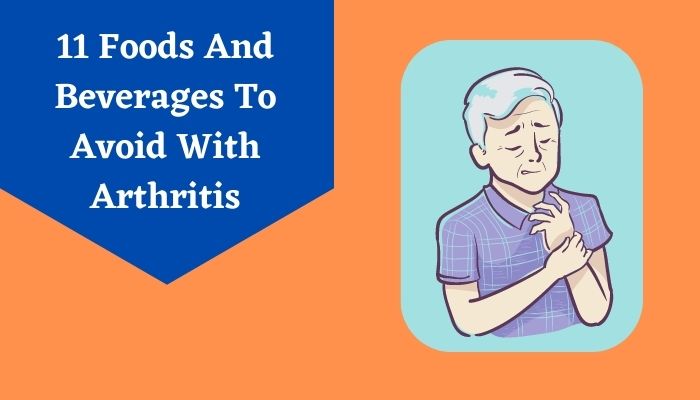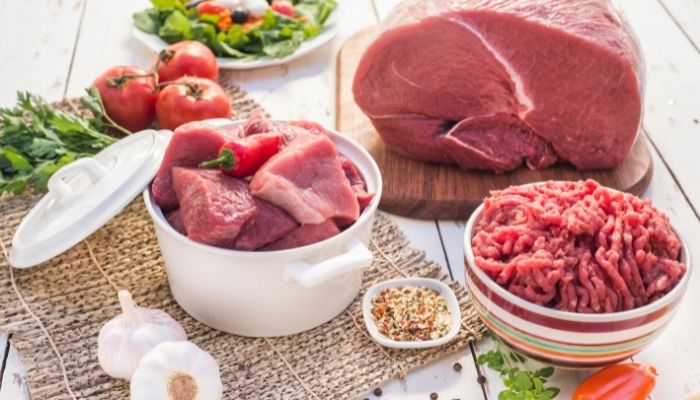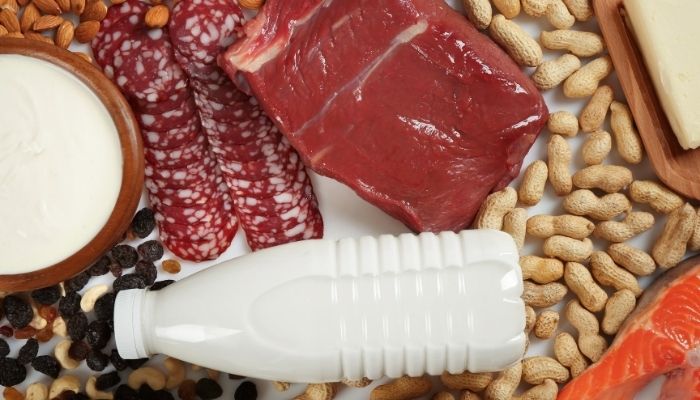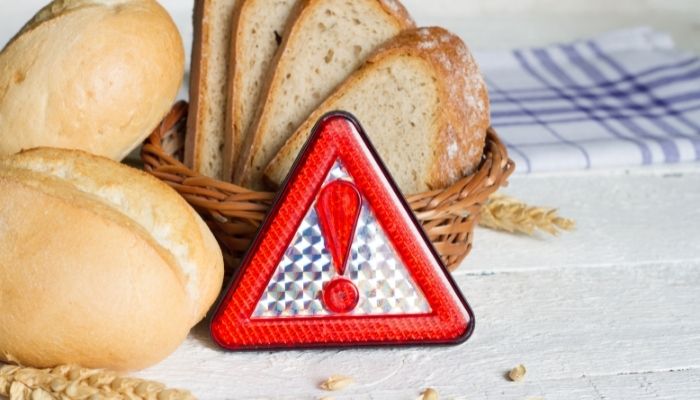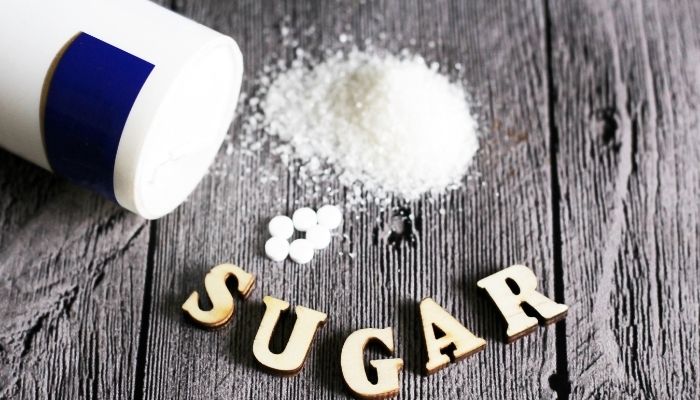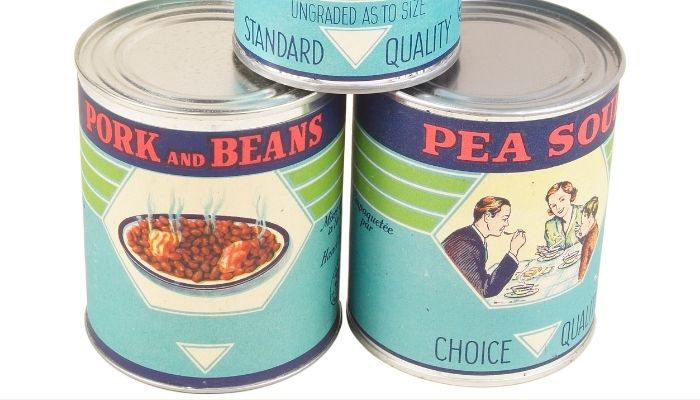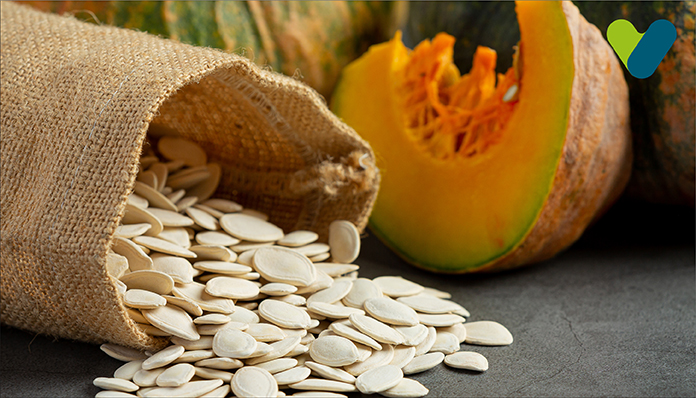Arthritis is a common yet chronic inflammation that affects your bone, joints, and other body parts. Arthritis can affect anyone, irrespective of their age. The amount of inflammation depends on multifarious factors including, diet, activity level, hydration, illness, smoking, and alcohol consumption. Arthritis diet plays an imperative role. Unwholesome foods can worsen your arthritis inflammation and symptoms.
Here we are going to discuss certain foods to avoid if you have arthritis.
3 Types of Arthritis
- Osteoarthritis: This is the most common and non-inflammatory arthritis. Several studies have claimed that nearly 40% of men and 47% of women may be diagnosed with osteoarthritis during their lifetime.
- Rheumatoid Arthritis and Psoriatic Arthritis: These are inflammatory arthritis related to autoimmune diseases.
- Gout Arthritis: This is another type of inflammatory arthritis
List of Worst Foods for Arthritis
Let’s take a look at certain foods to avoid if you have arthritis:Processed and Red Meat
Several studies have claimed that processed and red meats are linked to inflammation. They can enhance the symptoms of arthritis. Generally, processed and red meats enhance the levels of inflammatory markers like interleukin-6 (IL-6), C-reactive protein (CRP), and homocysteine.A study was performed in 2017 on people with RA and it was found that red meat strikingly worsened RA symptoms. Another study was performed on 25,630 people and it was revealed that a high intake of red meats could enhance the risk factor for inflammatory arthritis. Always substitute red meat with chicken, legumes, fish, and plant-based proteins to minimize the level of inflammatory markers.
High-Fat Dairy
If you are suffering from arthritis, then avoid full-fat dairy and products that come up with added sugar. There is a correlation between a high-fat diet and inflammatory reactions.If you are sensitive to or intolerant of dairy, then discard dairy products from your diet for some time. Some dairy products like yoghurt and kefir (a milk product that has many resemblances with yoghurt) contain probiotics that are beneficial for gut bacteria. Several medical studies have proved that probiotics and a healthy mix of gut bacteria minimize inflammation and also, reduce the symptoms of arthritis.
Salt
Your body may require sodium in the salt form to maintain some functions. But too much salt consumption will increase inflammation and may develop some other symptoms of rheumatoid arthritis (RA).A study was conducted for 62 days on mice and it was revealed that a low salt diet decreased the severity of RA, as compared to a high salt diet. Mice that consumed a low salt diet had less cartilage damage and bone destruction. Another study was performed on 18,555 people with a high sodium diet and it was found that high sodium consumption can increase the risks of RA. So, always consume foods that are low in sodium and have no added salt.
Omega-6 Fatty Acids
If you consume too much omega-6 polyunsaturated fatty acids, then it will increase your inflammation. Some popular food items that contain omega-6 fatty acids are soybeans, corn, safflower, sunflower, canola oil, nuts, and meat.While cooking, you must use olive oil (monounsaturated fat) and consume more fatty fish like salmon, tuna, and cod.
Alcohol
Alcohol consumption may aggravate the symptoms of arthritis. People who are suffering from inflammatory arthritis should avoid it or consume it moderately. A study was conducted on 278 people with axial spondyloarthritis (inflammatory arthritis that mainly affects the spinal cord and sacroiliac (SI) joints) and it was found that alcohol consumption increased the damage of the spinal structure. Moreover, chronic alcohol consumption will uplift the risk of osteoarthritis.Red wine (one type of alcohol) possesses anti-inflammatory properties because they are flooded with antioxidants. To promote a healthy joint, it is recommended to drink less than 5 ounces of red wine per day.
Processed Foods
Ultra-processed food items like frozen meals, lunchmeat, baked goods, fast food, and packaged snacks are made up of ingredients that uplift your inflammation. They contain refined grains, added sugars, salt, and fat to maintain their taste and flavour.Several studies have provided that Western diets are packed up with these heavily processed foods and thus, they may enhance your risk of RA by contributing to inflammation.
Gluten
Gluten is a protein that is commonly found in grains like wheat, barley, and rye. Several studies have proved that a gluten-free diet is beneficial for rheumatoid arthritis patients by lessening inflammation.Medical studies have also indicated that there is a link between celiac disease and rheumatoid arthritis. By avoiding gluten, you can observe whether your arthritis symptoms are improving or not. A study was conducted on 66 people for a 1-year study with RA and it was found that a gluten-free, vegan diet lessened the disease's activity and improved inflammation.
